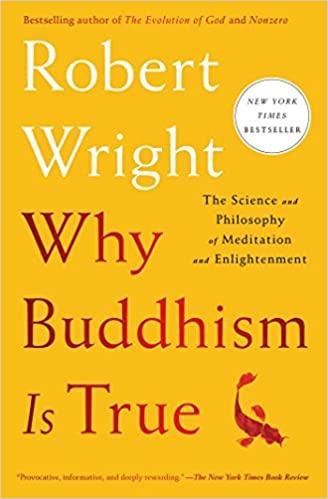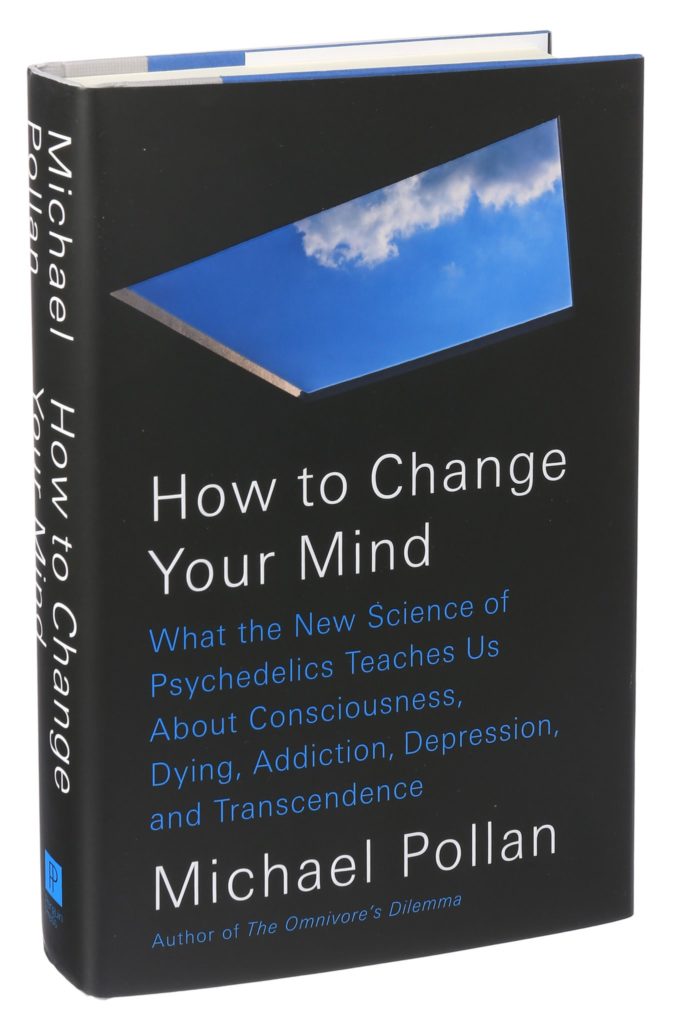Posted by Geoff Gilpin on September 19, 2021
The Buddha’s unique and brilliant innovation was a model of the human mind that anticipated modern evolutionary psychology by 2,500 years. Although evolutionary psych is new enough to make us leery of drawing conclusions, I’d say it offers strong scientific evidence to support Buddha’s theory of the mind.
Buddhist psychology goes back to his second lecture, delivered shortly after he became enlightened, on “non-self.” Buddha challenged his followers to look within and find anything resembling a self. He didn’t say “examine your minds” because he understood that the mind isn’t one thing but a collection of “aggregates” including thought, emotion, and perception.
One modern theory is that the mind, like the brain, evolved in pieces “designed” to solve specific tasks. These functional “modules” might focus on jobs like attracting a mate or avoiding rotten food. Although the modules aren’t identical to Buddha’s aggregates, they share his diagnosis of insubstantiality.
The modules operate largely in the subconscious. They come and go as needed. The rotten food module might bob up to the surface and get me to refuse a plate of week-old leftovers, and I may assume it’s my choice, but the heavy lifting was done by then. As Buddha correctly noted, the sense of personal control is an illusion.
Along with control, Buddha called out our sense of continuity as the other hallmark of self. I assume I’m the same person that I was in grade school. But where does this sense come from and is it reliable?
Experimental psychology suggests that our memories are not a firm foundation for a sense of self. We naively assume that recalling a memory is like pulling a photograph out of a filing cabinet. In fact, memories are constructed anew by the brain each time they’re recalled, and they get fuzzier and less accurate every time.
Perception isn’t any more reliable. We stubbornly claim that “I know what I saw with my own eyes,” but sensory experience is biased and inconsistent. The brain doesn’t register visual or audio experience until it matches sensory data with pre-existing associations. The results are highly variable—an object may appear as a garden hose one day and a snake the next. Our belief in ourselves as consistent, objective witnesses is another illusion.
We live inside these illusions of persistence and control and take them for granted. If we’re to be honest, we should take the next step and admit that we’re addicted to them—we crave a self that isn’t there.
The Buddha identified craving as the root of human suffering. As with the doctrine of non-self, I’d say that modern psychology confirms a Buddhist interpretation of the human predicament.
All the machinery of the self—the mental modules and blurry memories and unreliable senses—evolved in our early human ancestors for purposes of survival and reproduction. They served us well back on the plains of ancient Africa and we can’t complain too much because we’re still here.
However, evolution moves very slowly while culture and technology can move very quickly. Long out of primal Africa, we have the minds of Stone Age hunter/gatherers even though we live in a high-tech, urban civilization. We spend our days staring into computer screens with nervous systems on constant alert for the next attack by a sabretooth tiger.
One conclusion of evolutionary psych is that the human mind evolved largely for deception, both of others and ourselves. We’re more likely to run if we believe that a noise in the dark is a predator. We’re more likely to get a mate if we believe that we are attractive.
Our condition is not just endless dissatisfaction and unease, but entrapment in a cage of mental errors. Desperate for meaning, we interpret random events as conspiracies perpetrated by villains in the shadows. It seems so real because our minds are programmed to perceive it that way.
Religious Buddhism contains a cosmic deceiver in the form of Mara, the demon who tempted Buddha under the Bo tree. The Christian tradition has one in the person of Satan. In our sophisticated age, the devil may seem like a quaint superstition, but doesn’t natural selection play the same role? Since our minds deceive us at every turn, aren’t we doing everything that a real Satan would do?
When Buddha asked his followers to search within for a self, he challenged their common sense along with deep-rooted Indian religious doctrine. From our perspective thousands of years later, we see that he was rebelling against more than doctrine and common sense. He was rebelling against evolution by natural selection; that is, rebelling against nature itself.
That is still our task. Our desperate need for the control and persistence of an imaginary self can never be satisfied until the fires of illusion are extinguished in nirvana.




